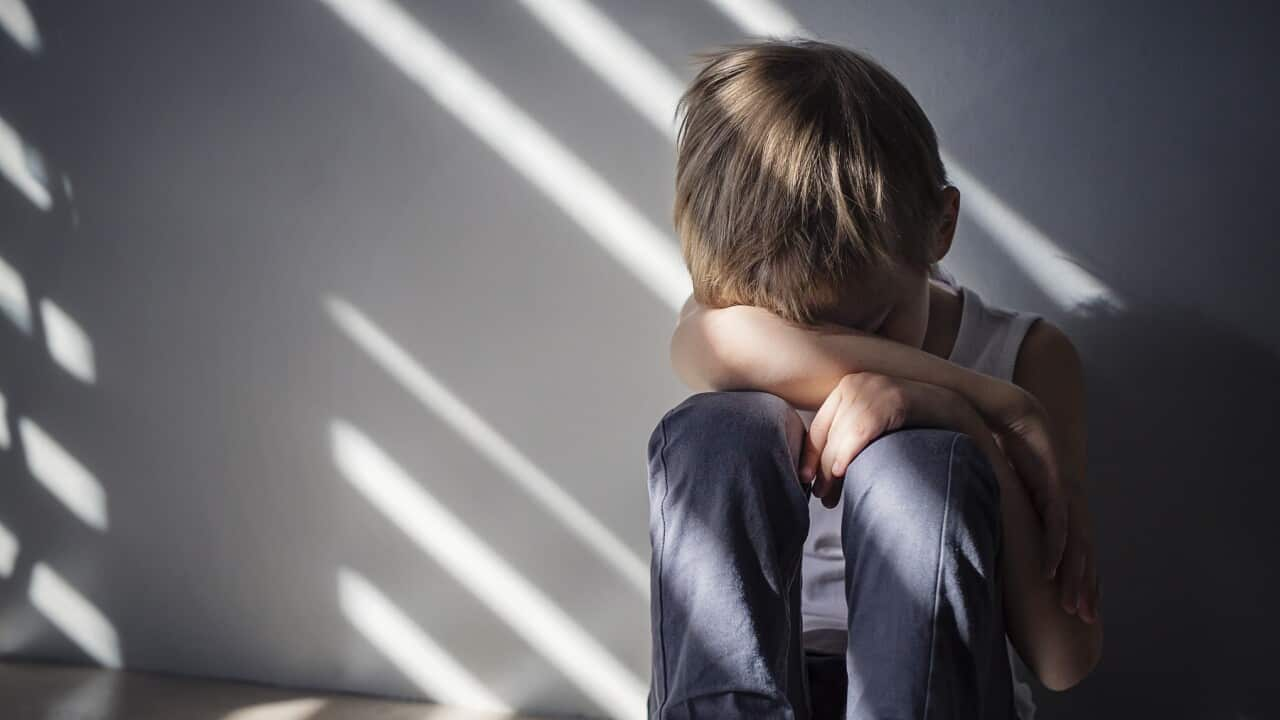Key Points
- Emotional abuse has become the most common form of child abuse, new study reveals.
- Emotional abuse involves a pattern of behaviors that undermine a child’s sense of self-worth.
- One in five Australians don’t recognise that withholding love and affection is emotional abuse, study shows.
Australian children are facing more emotional abuse than ever before.
New research reveals it has become the most common form of child abuse in the country. But only half of Australians would report their concerns about suspected child abuse to authorities.
Dr Katrina Lines is the chief executive officer of Act for Kids — an organisation that provides therapy and support to children and families at risk of harm.
She said emotional abuse is one of the five recognised forms of child maltreatment, but the signs might not be as obvious.
Lines believes there is a critical need to shed more light on emotional abuse and its impact on children.
“Emotional abuse can be just as damaging as physical abuse, yet it often goes unnoticed or unreported,” she said.
What is emotional abuse?
Emotional abuse is a pattern of behaviours that damage a child’s sense of self-worth.
It can manifest in constant yelling, swearing, insulting, criticising, threatening a child, calling them child hurtful names or shaming them.
The study by national children’s organisation Act for Kids shows 57 per cent of the 45,400 Australian children surveyed confirmed to have experienced abuse between 2022 and 2023. Over half of the respondents aged 14 to 17 years witnessed emotional abuse at school.
The research also reveals that 87 per cent of Australians agree that emotional abuse is a serious problem in Australia, yet nine out of 10 underestimate the prevalence of childhood maltreatment.
And one in five Australians do not recognise that withholding love and affection is a form of emotional abuse.
Dr Kaye Pickering, executive director of Service Operations at Act for Kids, said emotional abuse can have long-term negative impacts on the overall wellbeing of children.
“It damages self-esteem and their ability to see themselves as worthy. It can impact their performance at school,” he said.
“If children are constantly being told that they’re not good enough, or they’re being fed negative information about themselves and being put down and shamed, that can impact their ability to actually do well at school.
“It can also create anxiety and depression, which can stay with kids for a very long time or throughout their lives.”
Impact similar to that of sexual abuse
The Australian Child Maltreatment Study (ACMS) is a landmark study of the prevalence of child maltreatment in Australia.
Conducted between 2023 and 2024, it revealed that 30.9 per cent of Australian children experience emotional abuse before the age of 18.
David Lawrence, a professor of mental health and ACMS contributor, said the report revealed the impact of sexual abuse is similar to that of emotional abuse.
“When we looked at what is the relative contribution of each of the types of maltreatment, we found that emotional abuse and sexual abuse were almost exactly equal in terms of their strength of association with poor risk factor outcomes across their life course,” he said.
He added that people who had experienced sexual abuse and people who had experienced emotional abuse were most likely to go on to have depression, PTSD, anxiety, self-harming tendencies and substance abuse throughout life.
Major contributor to Australia’s mental health crisis
Research by Health and Wellbeing Queensland revealed this week that more than half of young Queenslanders feel stressed and anxious, have lower energy than usual, put on weight, and feel less resilient.
It also found one in 10 felt depressed all the time.
“Young Queenslanders, who should be our most vibrant, energetic and hopeful generation, are struggling,” Health and Wellbeing Queensland deputy chief executive Gemma Hodgetts said on Tuesday.
Women and girls aged 14 to 25 are also more likely to experience poorer wellbeing impacts.
Hodgetts said that 75 per cent of mental disorders emerge before age 24, so help is needed immediately to support young people.
Professor Daryl Higgins, director of the Institute of Child Protection Studies at the Australian Catholic University, said the ACMS report shows that emotional abuse is a major contributor to Australia’s mental health crisis.
“We actually have to drive a prevention agenda and use those strategies that we know work.
“Such as giving parents access to evidence-based parenting programs and […] send messages around what works and to help and support parents to do the best job they can of raising children.”
With reporting by the Australian Associated Press.
Readers seeking crisis support can contact Lifeline on 13 11 14, the Suicide Call Back Service on 1300 659 467 and Kids Helpline on 1800 55 1800 (for young people aged up to 25).
More information and support with mental health is available at and on 1300 22 4636.
